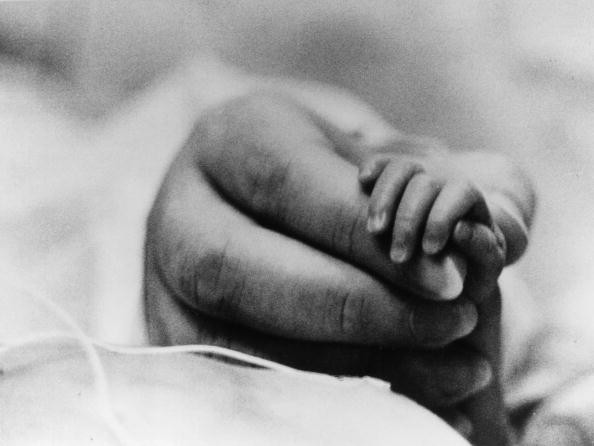Miracle baby born at 21 weeks is youngest premature infant to ever survive
Doctors had informed the mother that it was extremely unlikely the child would survive.

In 2012, a baby girl was born in a South Korean hospital after just 21 weeks and 5 days in the womb – four months earlier than her due date.
Now, a new study, published in the Journal of Korean Medical Science, has confirmed that the girl – who is now five years old and healthy – is the youngest premature baby ever to survive.
The previous confirmed record for a surviving premature infant was an American girl born after 21 weeks and 6 days.
The girl and her twin – both conceived using IVF – were born after their mother was taken to hospital with a burst membrane sac. Doctors informed her that there was little chance her children would survive and that active life support was only given to premature babies born at 25 weeks or later, New Scientist reports.
However, the woman and her husband – who had experienced IVF failures before – pleaded with the medical staff at Samsung Medical Centre in Seoul to try and support them after birth. She was given steroids to speed up the development of the twins' lungs and the next day, both babies were born.
They weighed slightly less than half a kilo each and measured around 30cm – just over half the length of an infant born at 40 weeks. Both were placed on ventilators and fed through tubes going straight into their stomachs. Sadly, this wasn't enough to save the male twin, who died two months later after suffering an infection.
However, the baby girl survived and is developing relatively normally, although she is smaller compared to others her age and needs to wear glasses.
Her doctor, Yun Sil Chang, thinks the steroids she was given while in the womb and the fact that she is a girl may have contributed to her survival and subsequent regular development. Previous research has shown that female premature babies are more likely to survive, although scientists are not quite sure why this is the case.
In recent decades, neonatal care has advanced significantly, with babies born after 30 weeks usually surviving without any problems – something that was not the case in the 1970s, for example.
However, survival rates for extremely premature children remain low – around 23% for those born at 22 weeks – and of those who do survive, many develop severe neurological issues.





















